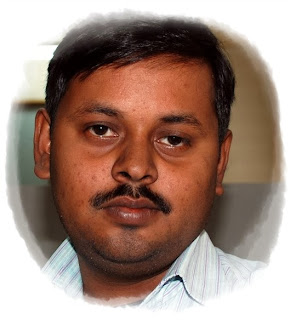AFTER my initial training as an IPS officer, I was posted to Sangrur district in 1957. I decided to call on the Deputy Commissioner at his office located on the first floor of the Baradari Complex. The liveried attendant on duty asked me to take a seat, pointing to the only chair on the raised platform, and wait for the DC. I was unaware that this platform was part of the DC’s court room. A few minutes later, walked in a stately Sardarji, clad in a flowing white khadar kurta, churidar and a waistcoat to match. He introduced himself as the DC and shook hands warmly. I was embarrassed for occupying his chair, but he put me at ease and asked for another chair. As I came down from his office, I noticed a Lambretta scooter, with the DC’s flag, parked there. The constable on duty informed me that the DC generally came to the office on scooter. That set me thinking how unconventional the officer was, shorn of any aura of power and status.
He was open-minded, accessible to the public at office and residence, and would tour villages frequently. He respected his officers and allowed them to take independent decisions, earning their trust. He assiduously built the image of the civil administration as responsive, fair and egalitarian.
On his first visit to the district, the then chief minister asked the officers who consumed liquor to raise their hands. The DC was the first to do so. The other officers sat silent with their heads down. The matter was put to rest.
As an Urdu poet of considerable standing, he had good connections with Bollywood actors, music composers, singers, writers and lyricists. He leavened the cultural life of the district by organising mushairas and musical nights for the public. On one such occasion, he mesmerised a crowd of nearly 10,000 by his rendition of Mohd Rafi’s Chaudhvin Ka Chand Ho. I remember managing the crowd with only 50 men and my uniform having been torn during the event.
Once I received a phone call from the DC, saying that his daughter needed a driver’s licence. I said no problem but she should come for the driving test. She took the test, and he later thanked me for it.
He was also fond of shikar. For this, the key man was his personal gun-toting bodyguard-cum-wrestler-cum-masseur. This man was often seen with a falcon perched on his left shoulder, ready to attack the prey.
The DC was a man of the classes as well as masses. When he was transferred from the district after the completion of his tenure, hundreds of rural and city folks came to see him off. They followed his car on cycles and in cars and trucks, right up to the border of the district. His popularity had to be seen to be believed.
The then political dispensation offered him an MP’s seat from the district, but he declined the offer. There was none who could match him in cultural finesse and affability. This gentleman was the late Kanwar Mohinder Bedi, the like of whom we do not see in public service any more. (The Tribune dated 30.09.2015)





